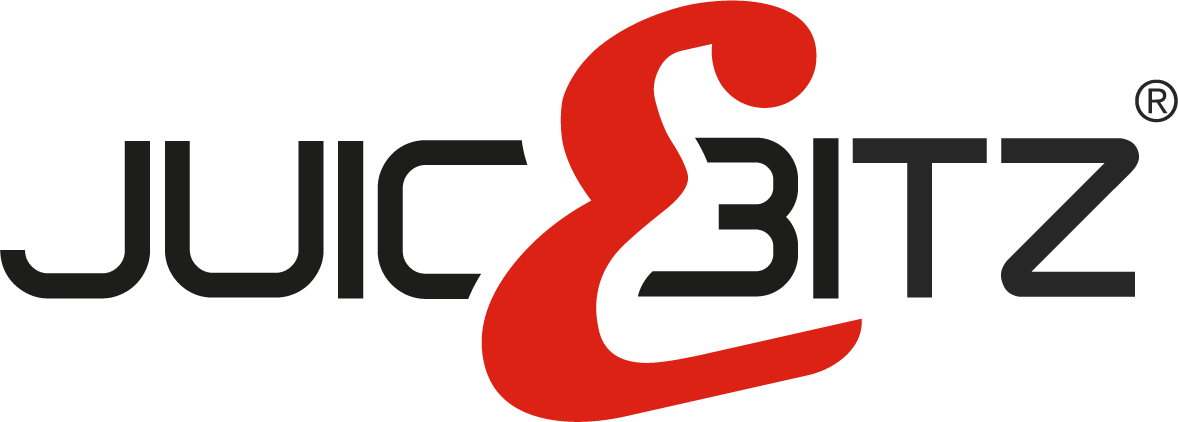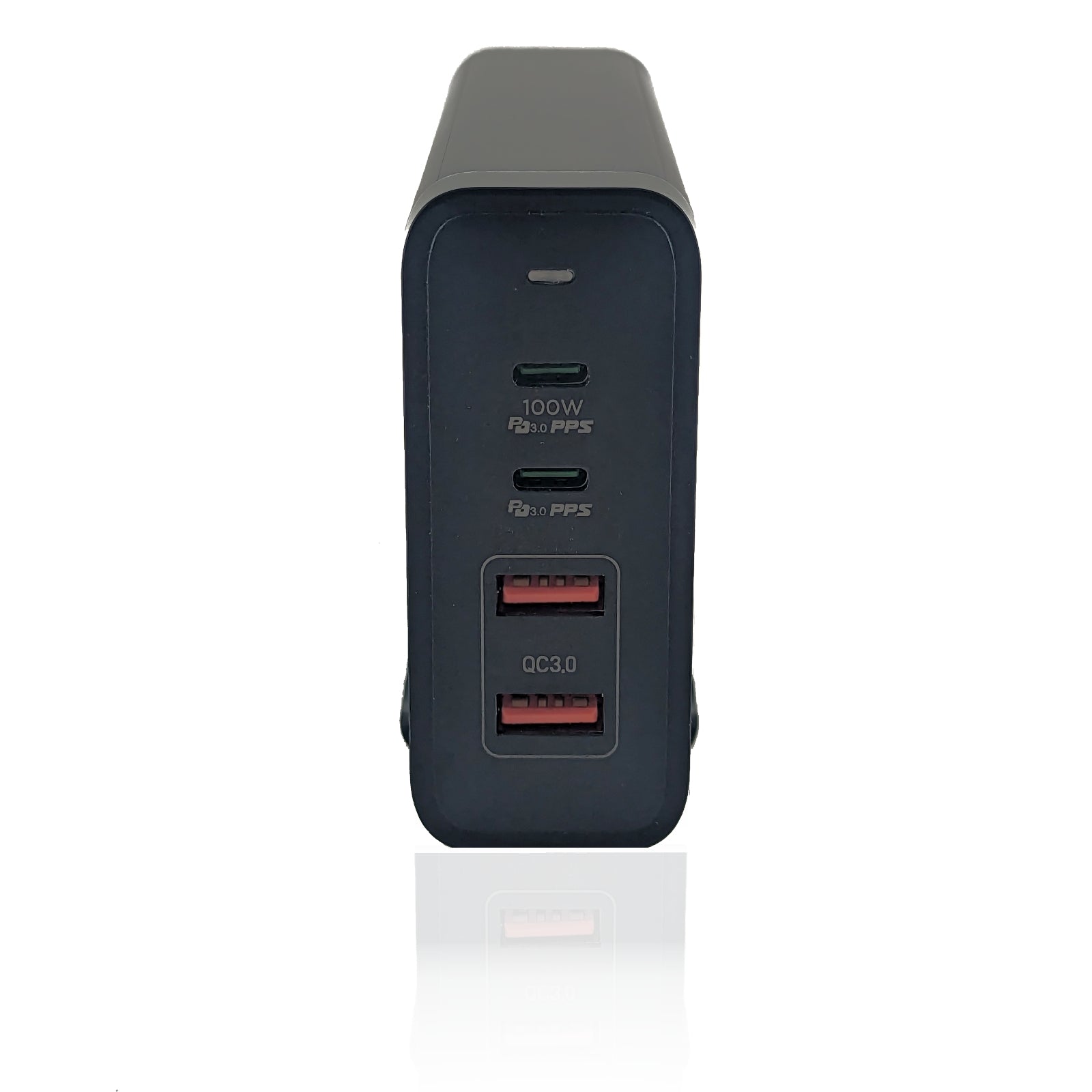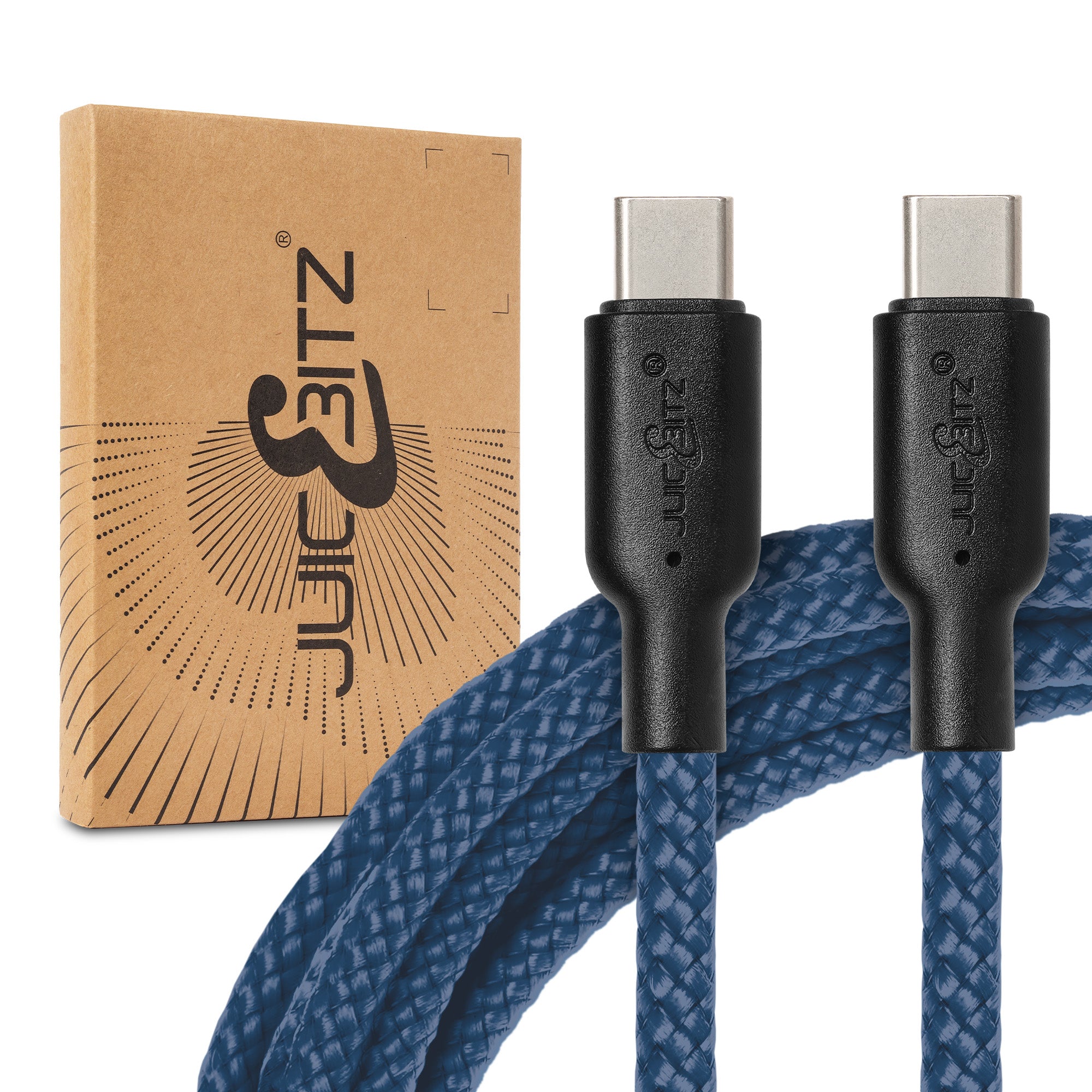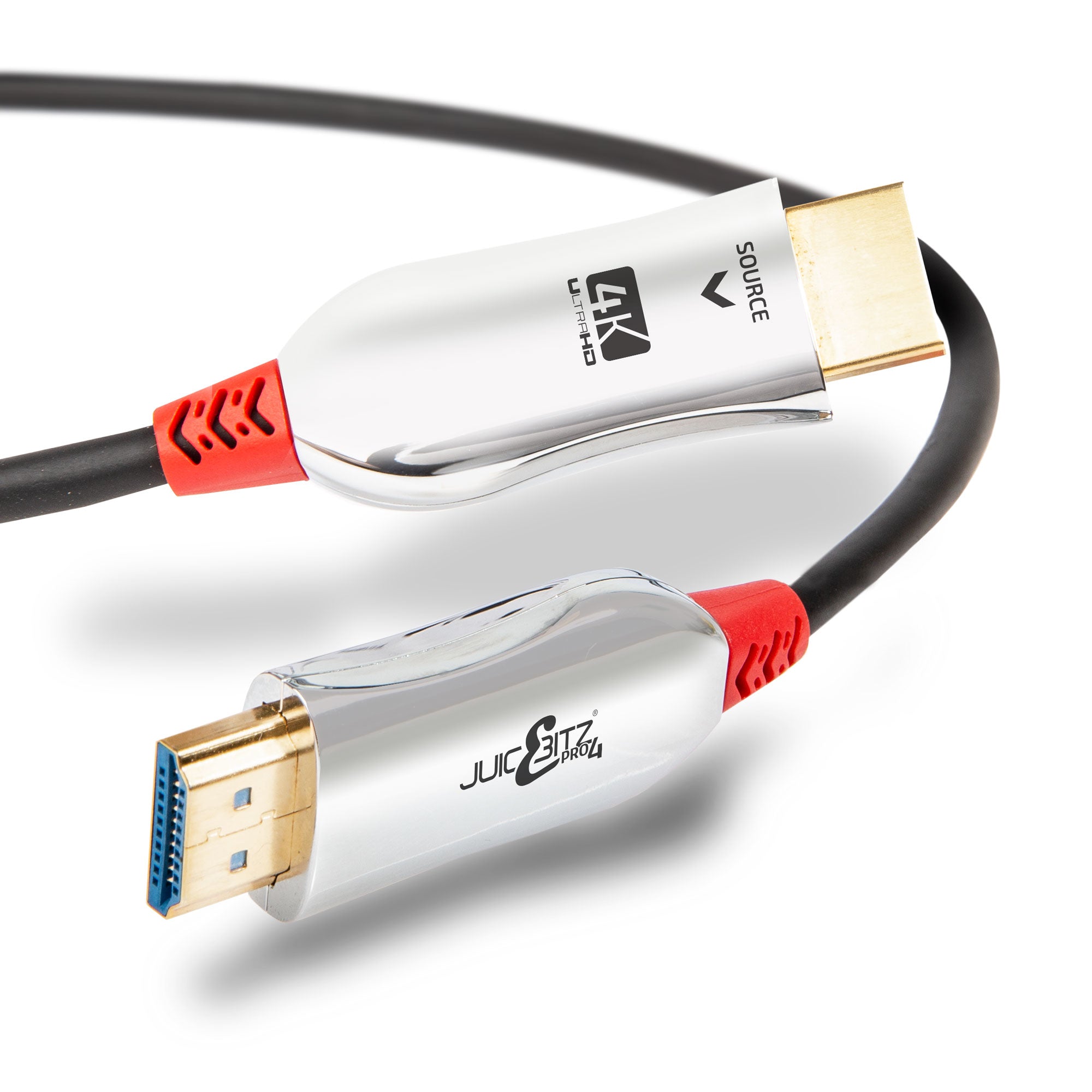Understanding the difference between fast charging and standard charging
This is something that we often get asked and that phrase "will this fast charge my phone", which many consumers get confused around. It is not just the cable but various other factors (including the make and model of your device), and the accessories you are using to charge it with that make it 'Fast Charge Compatible'.
Fast charging and standard charging are two different charging methods that vary in terms of charging speed, power delivery, and the technologies involved. Here's a breakdown of the differences between fast charging and standard charging:
-
Charging Speed: The primary difference between fast charging and standard charging is the charging speed. Fast charging technologies deliver a higher charging current to the device, allowing it to charge at a significantly faster rate compared to standard charging. Standard charging typically follows traditional charging protocols and delivers power at a slower rate.
-
Power Delivery: Fast charging technologies often involve higher power delivery capabilities, enabling devices to receive more power in a shorter amount of time. This allows devices to charge to a certain percentage in a matter of minutes. Standard charging delivers power at a slower and more consistent rate.
-
Charging Protocols and Technologies: Fast charging technologies employ various protocols and technologies to optimize the charging process. Examples include Qualcomm Quick Charge, USB Power Delivery (PD), OnePlus Dash Charge/Warp Charge, and VOOC Flash Charge. These technologies communicate between the charger and the device to deliver the optimal charging voltage and current for fast and efficient charging. Standard charging typically relies on conventional charging methods without specific optimizations for faster charging.
-
Device Compatibility: Fast charging technologies are typically proprietary and specific to certain brands or devices. For example, Qualcomm Quick Charge is commonly found in Android devices with Qualcomm Snapdragon processors, while USB Power Delivery is more prevalent in devices with USB Type-C ports. Standard charging, on the other hand, is generally universal and compatible with most devices that use standard charging protocols and cables, a kind of 'go to solution' when a fast charge adapter is not available.
- Cable and Charger Requirements: Fast charging often requires specific cables and chargers designed to support the fast charging protocols. These cables and chargers are built with higher-quality components and materials to handle the increased power flow. Standard charging, on the other hand, can be achieved using regular charging cables and chargers that meet the power requirements of the device. Different manufacturers have different requirements - most follow the trend, but others such as Huawei, OPPO and OnePlus do not. They have their own fast charging protocols, cables and adapters - so normal cables won't do the trick.
It's important to note that not all devices are compatible with fast charging technologies. Before using fast charging, ensure that your device supports the specific fast charging protocol and use the recommended charger and cable provided by the device manufacturer. Using incompatible fast charging methods may result in slower charging speeds or potential damage to the device.
Standard charging is generally considered safer for devices, as it delivers power at a more controlled and moderate rate. It can also be a convenient option when you need to quickly charge your device, especially when time is limited.
We also recommend using Optimized Battery Charging, as this will help keep the battery in better health. Charging up to around 80% is considered to be the optimal battery charging state.
JuicEBitz supplies a wide range of USB fast charger cables, for Android and iOS devices, as well as many other computer component cables for data transfer. Our Core Series of cables are all capable of fast charging most devices on the market, where the current does not exceed 5A.
All JuicEBitz USB Cables are made from the best quality core materials. We do not use CCA grade or just standard stranded copper with any impurities as this builds up resistance and can harm your device, generating more heat that intended. We use 99.99% Oxygen Free Pure Copper which also has a Tin Plating over the top to increase conductivity and reduce voltage drop - giving you a stable, fast charge each and every time.
If you are still unsure what combination of cables and adapters you need, or what the limitations are of your device, you can always check GSM Arena which has a full catalogue of devices and what specifications they have.
If you are still unsure, give one of our Sales Advisers a call on 01723 332269 Opt.1 Sales or use our contact form.




